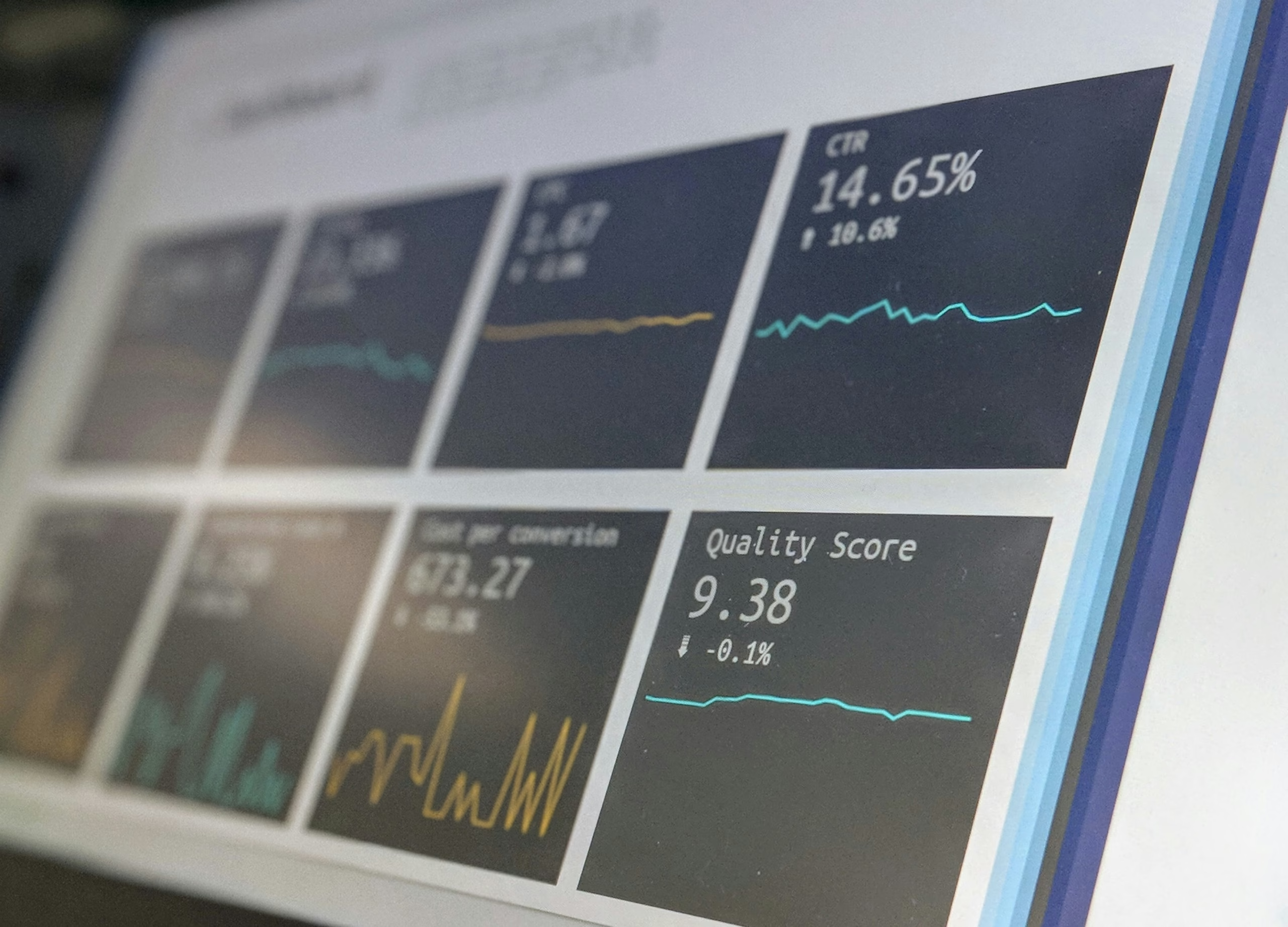Update: On December 23rd, 2024, a US Appeals Court issued a stay of the injunction, as reported here: US appeals court allows anti-money laundering law to be enforced | Reuters. I imagine there will be many updates to this over the coming weeks and months – my recommendation would be to file your paperwork if you haven’t already and avoid any potential fines.
Older Update: On December 3rd, 2024, a Texas District Court issued an order granting a nationwide preliminary injunction in regards to the Corporate Transparency Act. As a result, submissions are not currently required – but you can still file on a voluntary basis. You can read more and stay up to date here: Beneficial Ownership Information Reporting | FinCEN.gov.
What is BOI Reporting?
Beneficial Ownership Interest (BOI) Reporting is a regulatory requirement aimed at increasing transparency regarding the owners of business entities. Established by the Financial Crimes Enforcement Network (FinCEN), BOI reporting obligates certain types of organizations to disclose information about individuals who ultimately own or control the entity. At its core, the purpose of BOI reporting is to deter illicit activities such as money laundering, fraud, and terrorist financing, thereby fostering a business environment that is fair and transparent.
With the intention of combating financial crimes, the implementation of BOI reporting has been designed to gather accurate and helpful data about the beneficial owners of corporations and limited liability companies (LLCs). The requirement seeks to address the growing concerns regarding the use of complex corporate structures to obscure the true owners, making it difficult for law enforcement agencies to track illicit financial flows. As a result, BOI reporting represents a significant shift towards more stringent regulatory measures in the corporate landscape.
Who Must Complete the BOI Reporting?
The Beneficial Ownership Information (BOI) reporting requirements are set to significantly impact a wide array of business entities in the United States before the approaching deadline in 2024. Specifically, corporations, limited liability companies (LLCs), and partnerships are the primary entities that must comply with these regulations. The requirements apply to both domestic and foreign entities registered to do business in the country, ensuring a broad scope of compliance.
Corporations are typically required to provide detailed information about their beneficial owners, defined as individuals who, directly or indirectly, own a substantial percentage of the company or have significant control over it. For most cases, this means any person owning 25% or more of the total equity interest, or having substantial control, must be disclosed. The same rule applies to LLCs, in which members or managers fall under the beneficial ownership definition. This mandates careful consideration of all ownership structures within LLCs to ensure full compliance.
Partnerships also share in these reporting obligations. In partnerships, each partner must be evaluated to determine if they meet the beneficial ownership criteria. This is particularly relevant for both limited partnerships (LPs) and limited liability partnerships (LLPs), where differing control and ownership dynamics often apply. However, certain exemptions exist; for example, large operating companies and heavily regulated entities may not be required to submit BOI reports, provided they meet specific conditions and thresholds established under the law.
There are some narrow exceptions for which entities must report, but in general – if you are formed as a state-level entity, you are likely subject to BOI reporting.
How to Complete the BOI Reporting Process
Fortunately the process isn’t as challenging as it might appear at first. You simply start at the FinCEN website: Beneficial Ownership Information Reporting | FinCEN.gov. They have an online system where you can simply create an account and complete your reporting requirement. There are some steps where they validate your identity (i.e. upload a current photo ID), but I found the system to be reasonably painless for my LLC.
As this is a new process, existing businesses (formed before January 1, 2024) have until December 31, 2024 to complete their initial filing. Entities formed in 2024 must file within 90 days of forming. Starting in 2025, entities must file the report within 30 days. Going forward, any updates to the ownership of a reporting entity will need to be updated with FinCEN within 30 days.
Completing the process is important, as there are fines for non-compliance. These fines start at $500 per day (which does get adjusted for inflation – as of April 2024, the fine is $591 per day). There are also potential criminal penalties – up to 2 years imprisonment and fines up to $10,000 for willful violation.
Rather have someone else do it? Many Tax Pros are being advised by their insurance companies to not do the BOI reporting, largely due to the heavy fines that can come if anything is incorrect. Check in with your business lawyer, as they may have services that can help. Often times the same company that helps to file your annual LLC paperwork can do this filing for a nominal extra charge.
Summary
Nobody wants more paperwork to do, but taking care of this can help prevent some hefty fines down the road. It’s worth checking in with your legal experts to make sure you either get this filed or qualify for an exemption.

